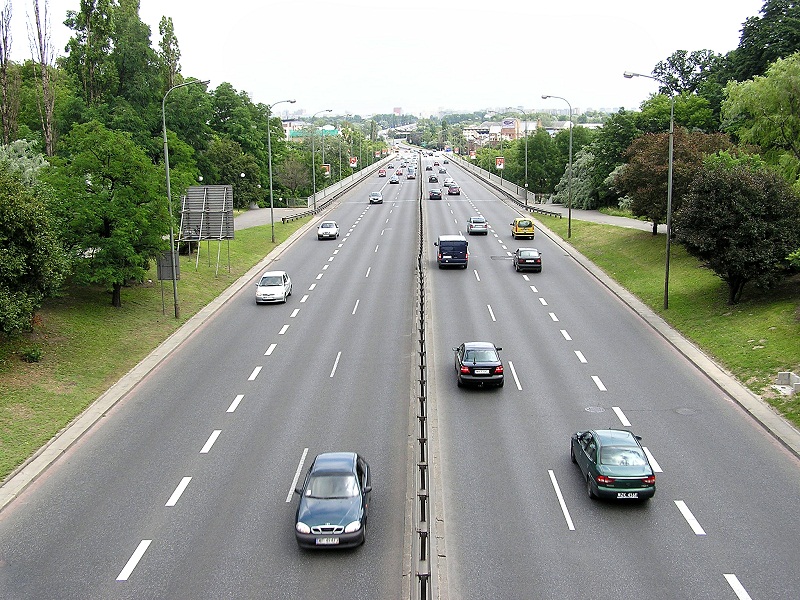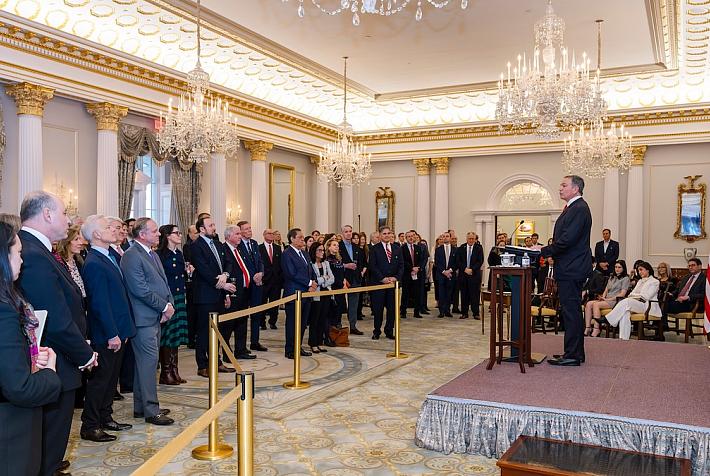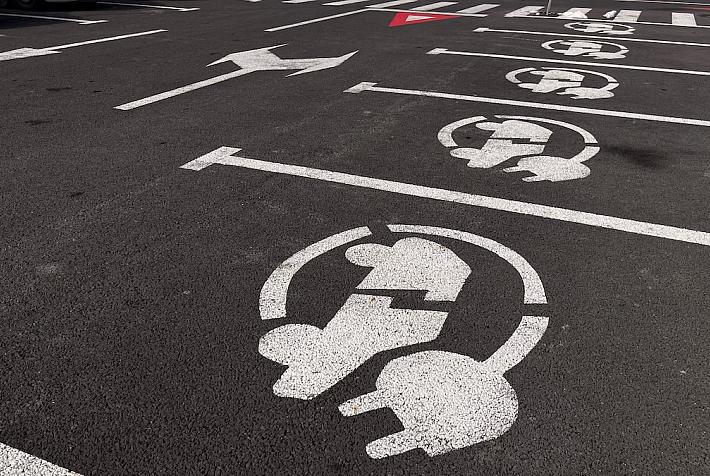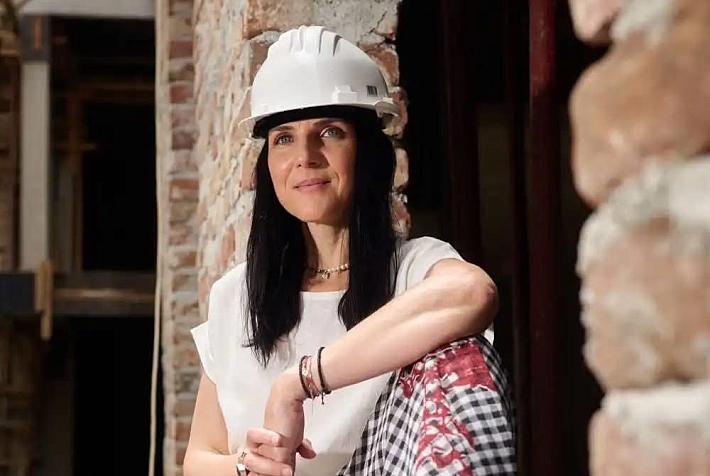PwC: Shortage in transport infrastructure expected by 2030, Romania should invest to become logistics hub

 Romania should allot consistent sums of money for developing infrastructure, even in the context of current budgetary constrains, in order to maximize the country's potential to become a logistics hub in Central and Eastern Europe, according to PricewaterhouseCoopers.
Romania should allot consistent sums of money for developing infrastructure, even in the context of current budgetary constrains, in order to maximize the country's potential to become a logistics hub in Central and Eastern Europe, according to PricewaterhouseCoopers.
“Granting certain import incentives, such as import VAT deferment, would eliminate the cost of pre-financing VAT for companies, and would increase the number of transactions in the harbor (Constanta harbor - editor's note) Such a measure would attract major investments in Romania and would contribute decisively to the development of infrastructure and the creation of new jobs”, stated Daniel Anghel, Partner, Indirect Taxation, PricewaterhouseCoopers Romania.
Rising demand, constrained financial resources and existing bottlenecks in supply as well as the need for efficient demand management are challenges transport infrastructure operators will be facing in the next 20 years, according to PwC's recent report on Transportation & Logistics 2030. The report was carried out in cooperation with the Supply Chain Management Institute (SMI) of the European Business School (EBS).
Respondents to the Delphi survey of 104 experts in 29 countries predict that shortages in transport infrastructure will remain until 2030.
Respondents expect that industrialized countries will lead in transport infrastructure provision. Although emerging markets, such as India and Russia, currently heavily invest in transport infrastructure, they will not be able to close the gap completely by 2030.
To get the entire report, go here.
romania-insider.com












